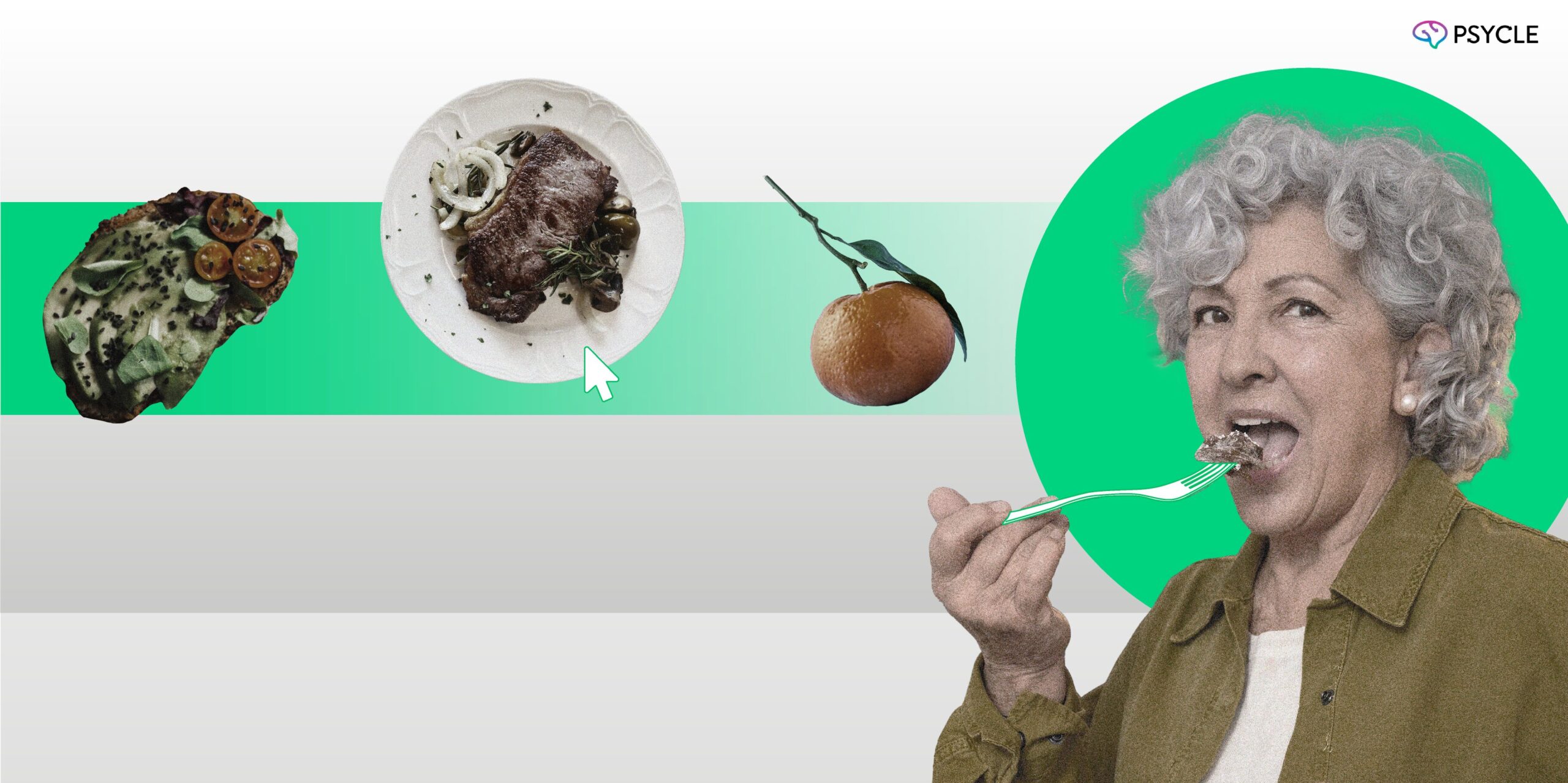A balanced diet is essential for promoting longevity and overall health. Research shows that consuming a well-balanced mix of nutrients is associated with a reduced risk of death from various causes. This emphasizes the importance of following a healthy eating pattern that includes a variety of fruits, vegetables, whole grains, lean proteins, and healthy fats.
Key Takeaways
- A balanced diet is key to promoting longevity and overall health.
- Consuming a well-balanced mix of nutrients is associated with a reduced risk of death from various causes.
- Include a variety of fruits, vegetables, whole grains, lean proteins, and healthy fats in your diet.
The Power of Antioxidants in Longevity
Antioxidants play a crucial role in fighting aging and promoting longevity. These powerful compounds help protect our cells from oxidative stress, a process that can cause damage and accelerate the aging process. Research has shown that incorporating antioxidant-rich foods into our diet can have profound effects on our overall health and well-being.
Fruits and vegetables are excellent sources of antioxidants. Berries, in particular, are known for their high antioxidant content. Blueberries are packed with antioxidants called anthocyanins, which have been shown to improve brain function and delay age-related cognitive decline. Other antioxidant-rich foods include leafy greens, such as spinach and kale, and vibrant fruits like oranges and pomegranates. Walnuts, pecans and chestnuts have the highest antioxidant content among tree nuts.
Including these antioxidant-rich foods in our daily meals can provide us with a wide range of health benefits and contribute to a longer, healthier life.
The Role of Healthy Fats in Long Life
Contrary to popular belief, incorporating healthy fats into the diet is essential for longevity. Omega-3 fatty acids, found in fatty fish like salmon and mackerel, have been shown to reduce the risk of heart disease and improve overall cardiovascular health, which can help support longevity.
Omega-3 fatty acids are a type of polyunsaturated fat that play a crucial role in maintaining a healthy heart. Research has shown that these fats can help lower blood pressure, reduce inflammation, and prevent the formation of blood clots. By incorporating omega-3-rich foods into your diet, such as salmon, tuna, and chia seeds, you can support cardiovascular health and potentially extend your longevity.
In addition to omega-3 fatty acids, monounsaturated fats have also been linked to numerous health benefits. These fats can help improve insulin sensitivity, lower LDL cholesterol levels, and decrease the risk of developing type 2 diabetes. Avocados, nuts, and olive oil are excellent sources of monounsaturated fats that can be easily incorporated into a balanced eating plan.
The Benefits of Healthy Fats for Longevity
- Reduced risk of heart disease
- Improved cardiovascular health
- Lowered blood pressure
- Decreased inflammation
- Improved insulin sensitivity
- Lowered LDL cholesterol levels
- Decreased risk of metabolic syndrome and type 2 diabetes
When incorporating healthy fats into your diet, it’s essential to choose quality sources and practice moderation. While healthy fats offer numerous benefits, they are still calorie-dense, and consuming them in excess can lead to weight gain. Aim to include a variety of healthy fats in your meals and balance them with other essential nutrients, such as protein and carbohydrates, to maintain a well-rounded diet that supports longevity.
| Food Source | Primary Type of Fat |
| Salmon | Omega-3 fatty acids |
| Avocado | Monounsaturated fats |
| Olive oil | Monounsaturated fats |
| Chia seeds | Omega-3 fatty acids |
| Almonds | Monounsaturated fats |
Conclusion
A well-balanced diet, consisting of a variety of nutrient-dense foods, is crucial for promoting longevity. Research has shown that consuming a mix of fruits, vegetables, whole grains, lean proteins, and healthy fats is associated with a reduced risk of death from various causes. It is important to prioritize the consumption of antioxidant-rich foods, such as fruits and vegetables, which help fight aging by protecting the body against oxidative stress and cellular damage.
To enhance your chances of living a longer, healthier life, it is important to adopt a holistic approach to well-being. Alongside a balanced diet, regular physical activity is crucial for promoting longevity. Engaging in exercise helps maintain a healthy weight, improves cardiovascular health, and boosts overall well-being. By combining a nutritious diet with regular physical activity, you can maximize the benefits and pave the way to a healthier, more fulfilling life.
FAQ
What role does a balanced diet play in promoting longevity?
A balanced diet is key to promoting longevity and overall health. Consuming a well-balanced mix of nutrients is associated with a reduced risk of death from various causes.
How do antioxidants contribute to longevity?
Antioxidants help protect the body against oxidative stress, a process that contributes to aging. Diets rich in antioxidant-rich foods, such as fruits and vegetables, can help fight cellular damage and reduce the risk of chronic diseases associated with aging.
Are healthy fats important for longevity?
Yes, incorporating healthy fats into the diet is essential for longevity. Omega-3 fatty acids, found in fatty fish like salmon, reduce the risk of heart disease. Monounsaturated fats found in sources like avocados and olive oil are associated with a reduced risk of metabolic syndrome and improved lipid profiles.
What nutritional factors should I focus on for optimal health and longevity?
To promote longevity, focus on eating a variety of nutrient-dense foods, including fruits, vegetables, whole grains, lean proteins, and healthy fats. Engaging in regular physical activity is also important for optimal health and longevity.

